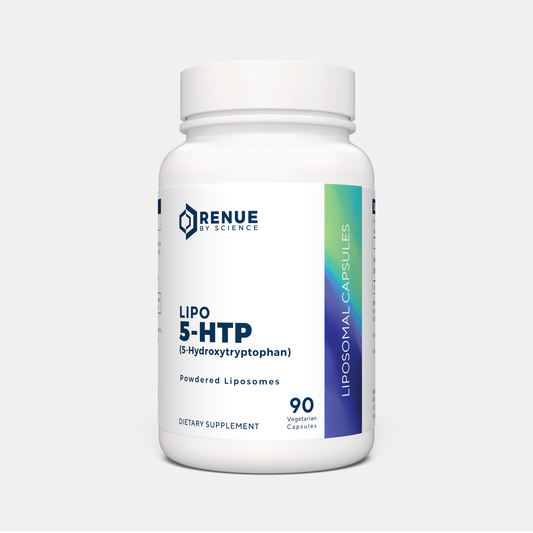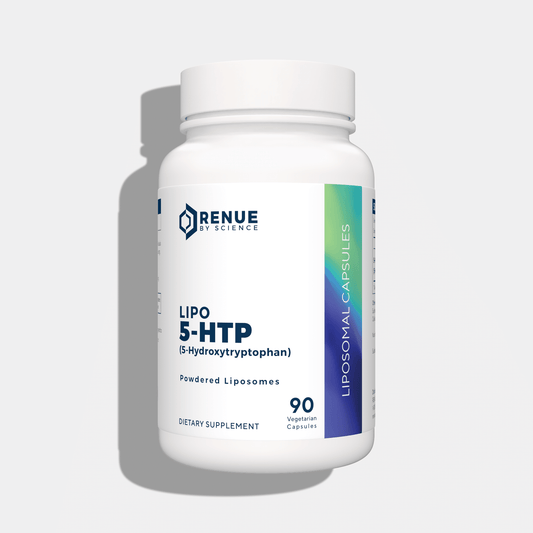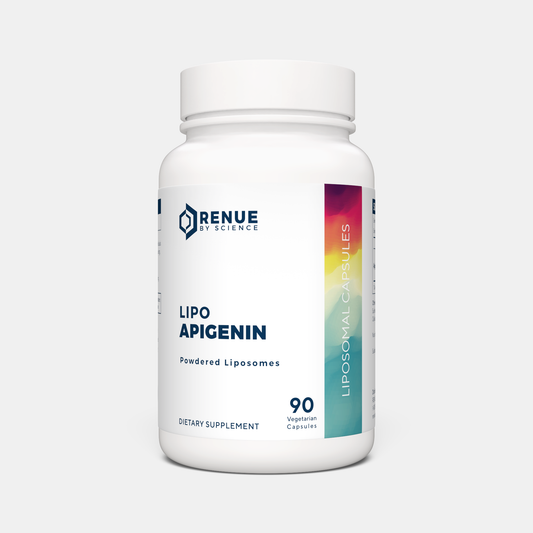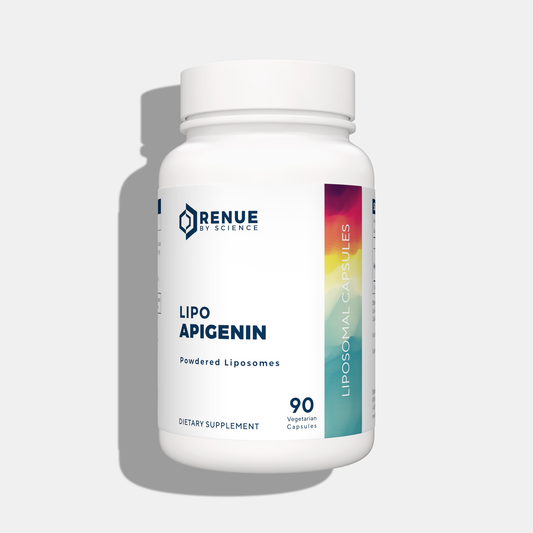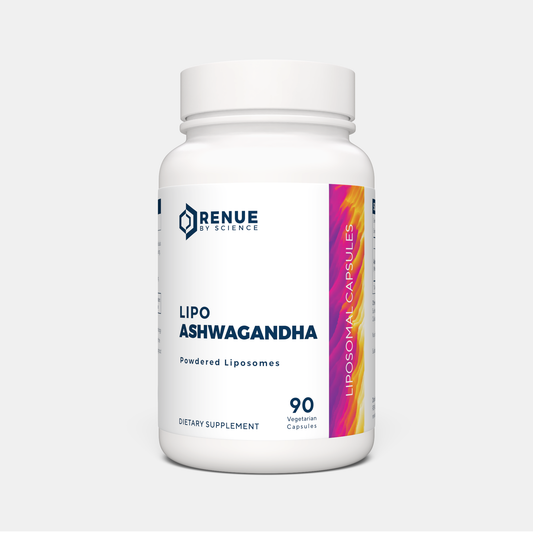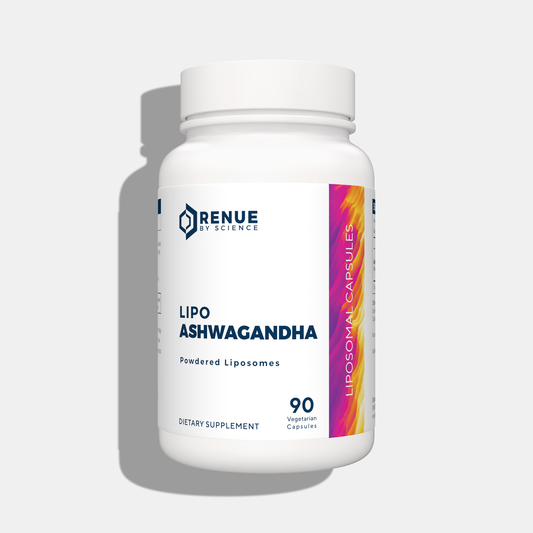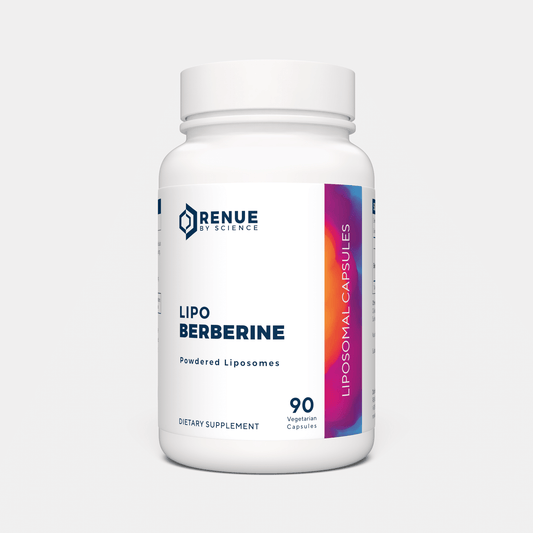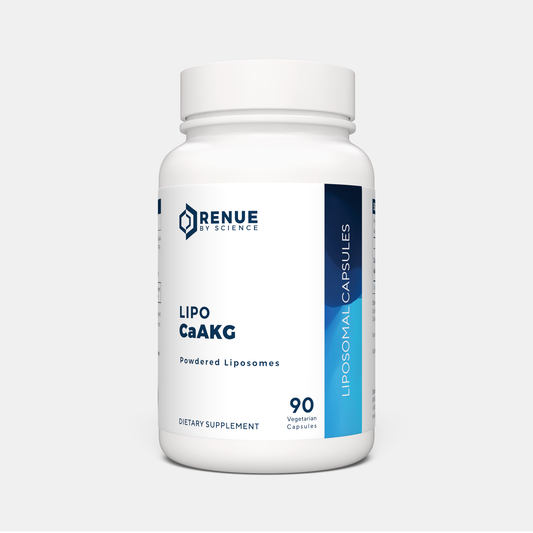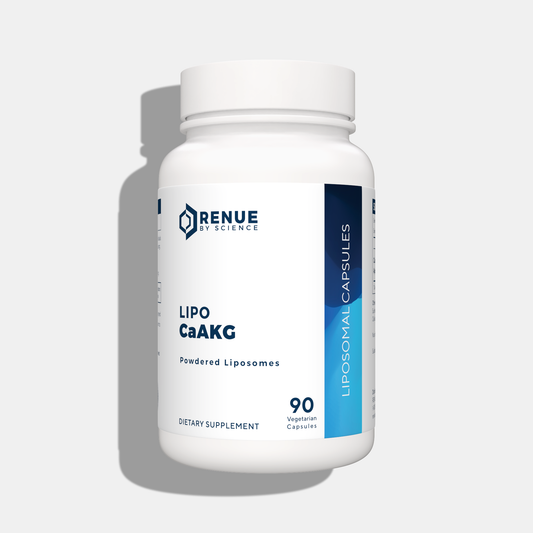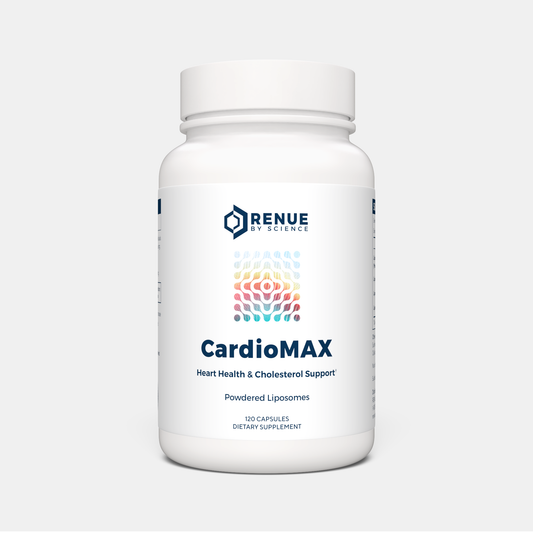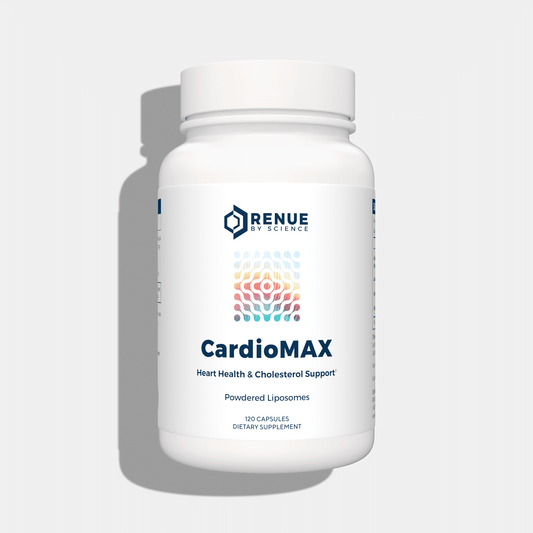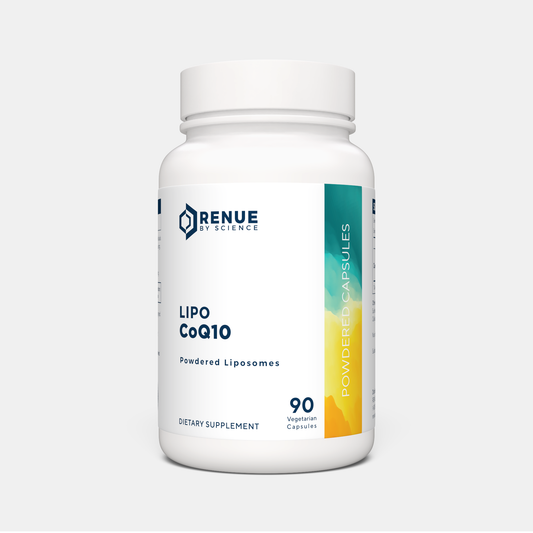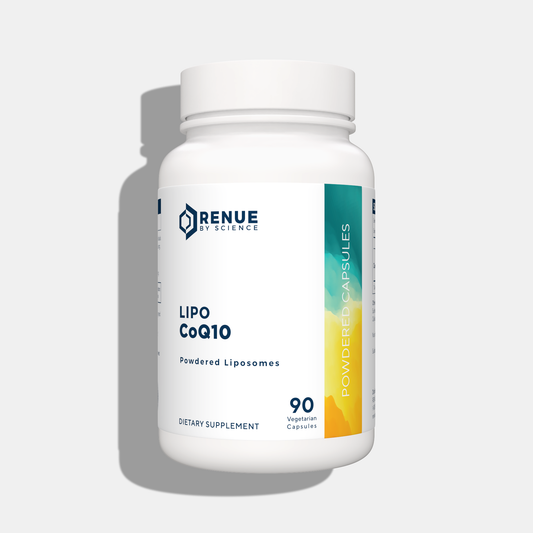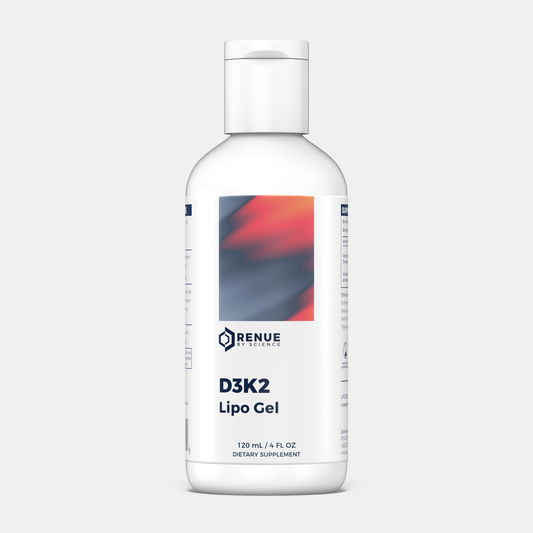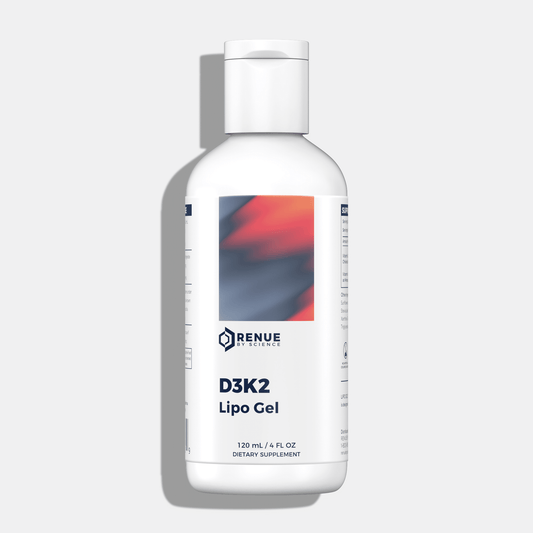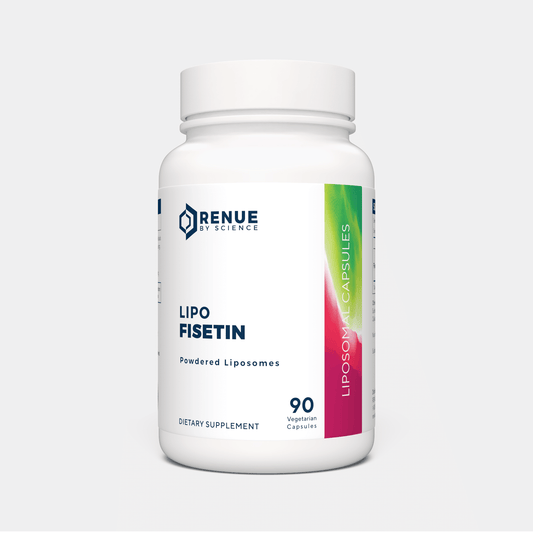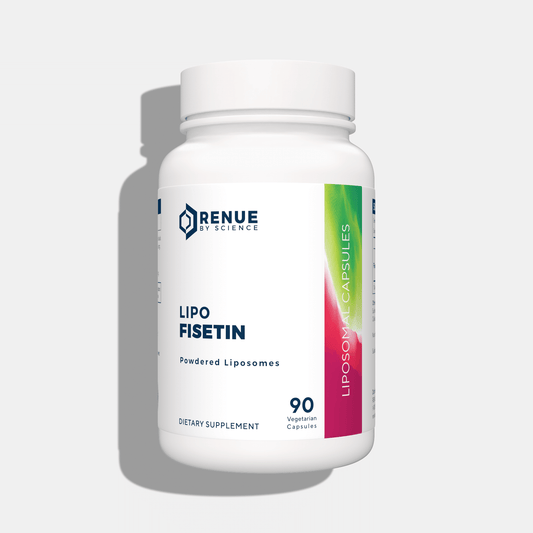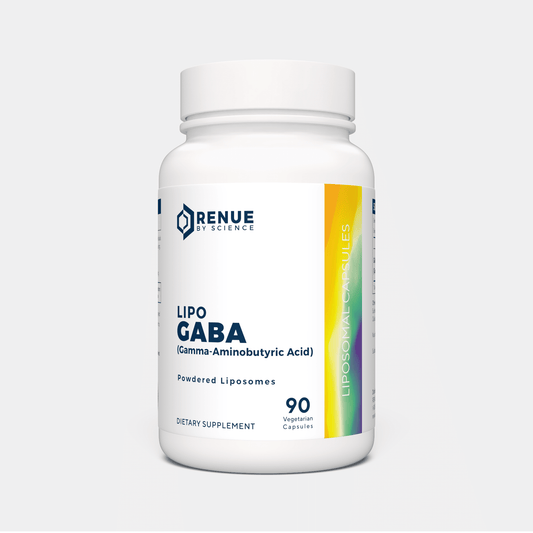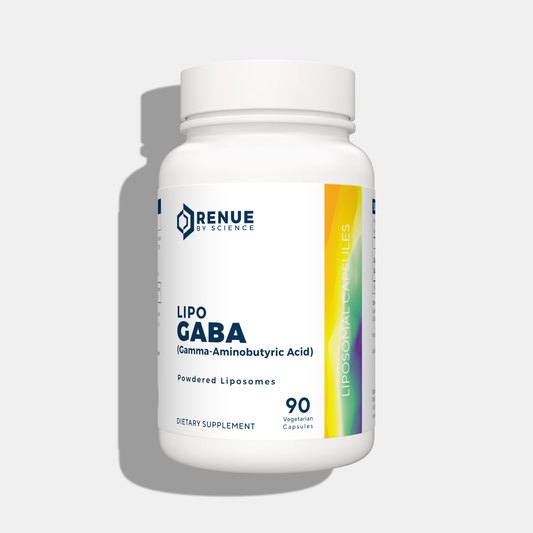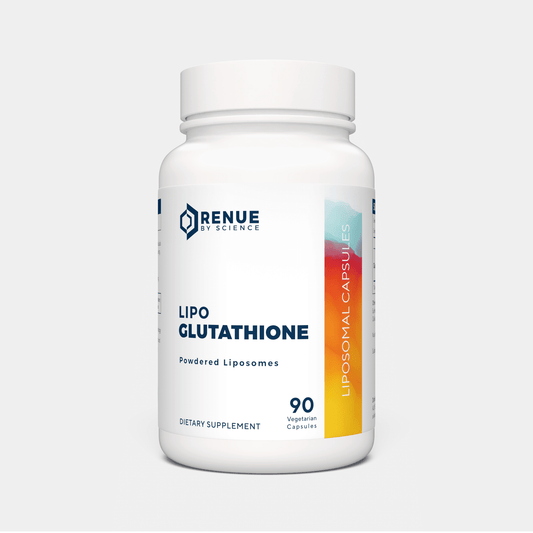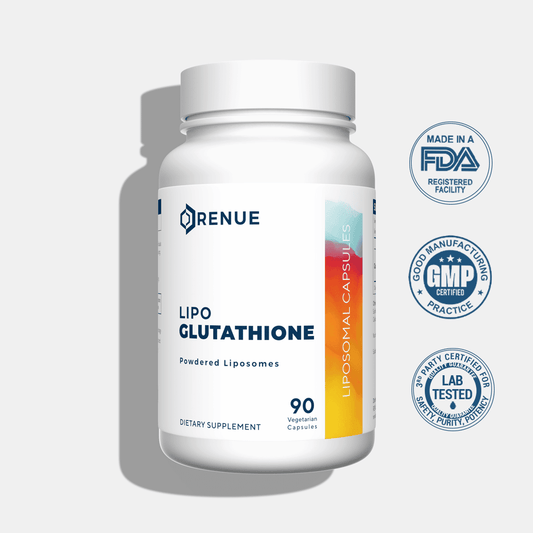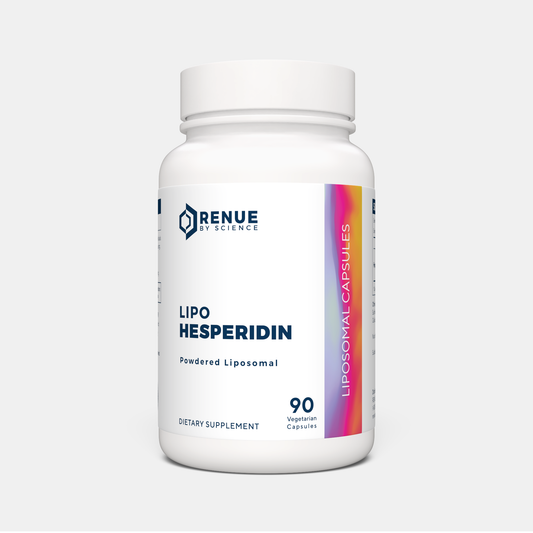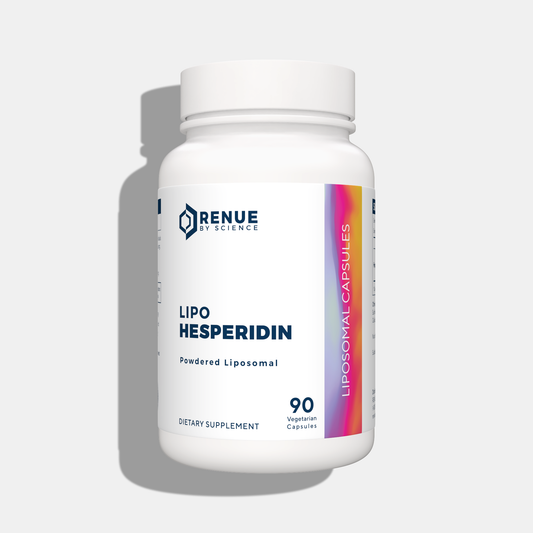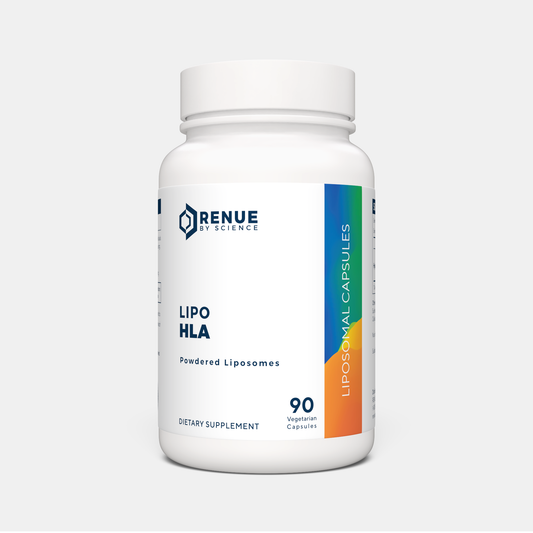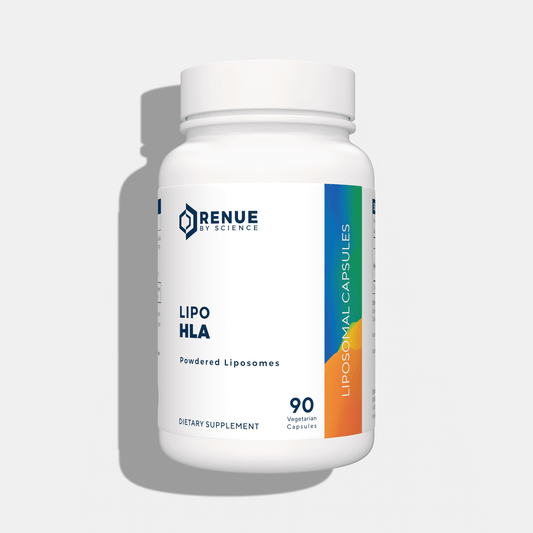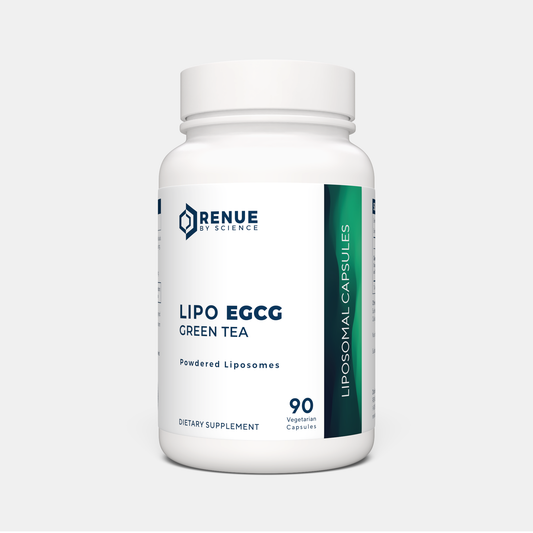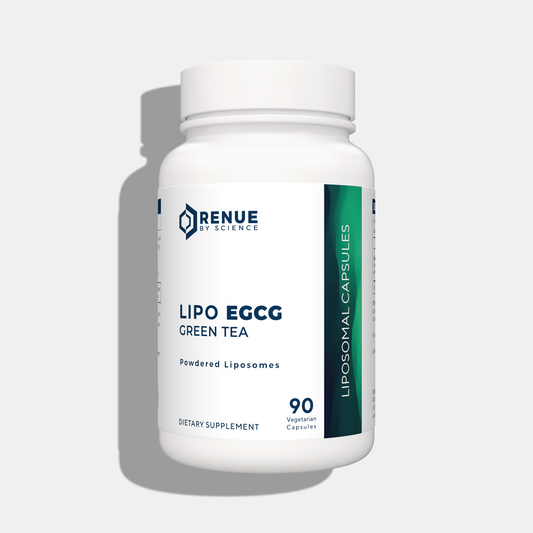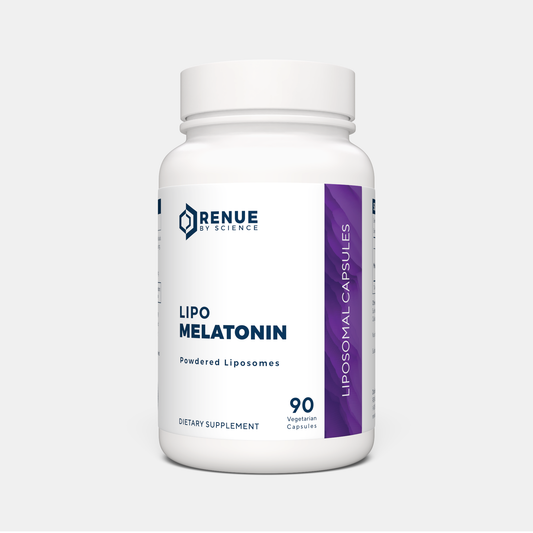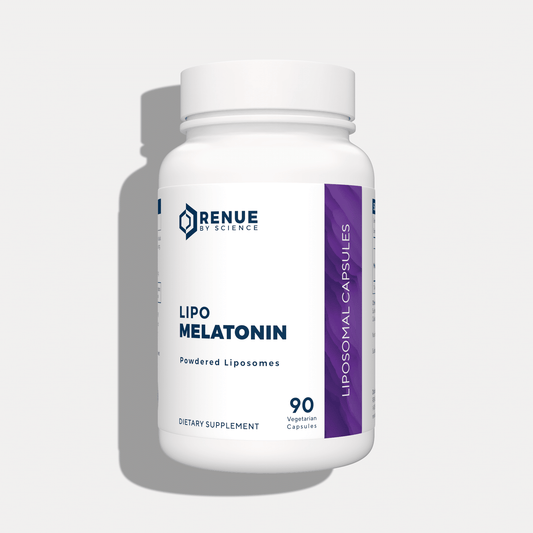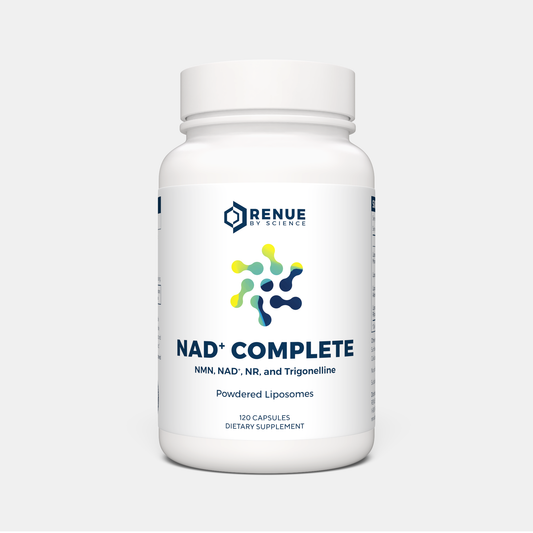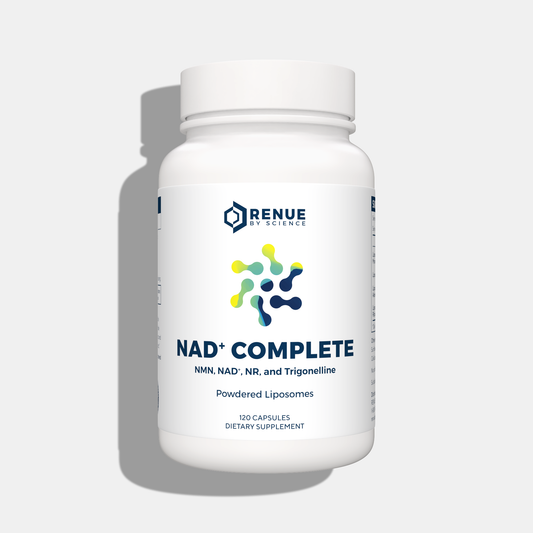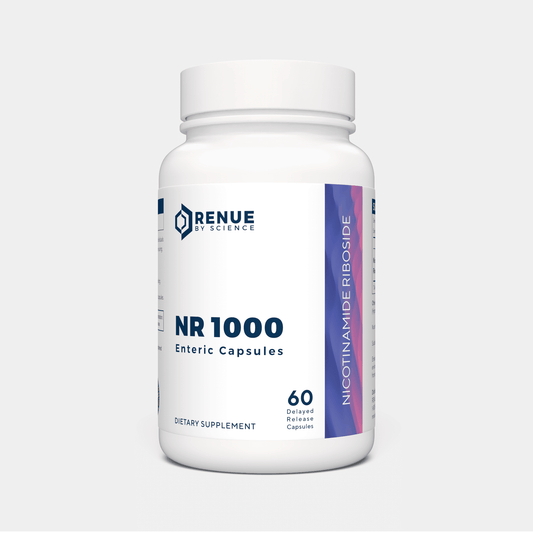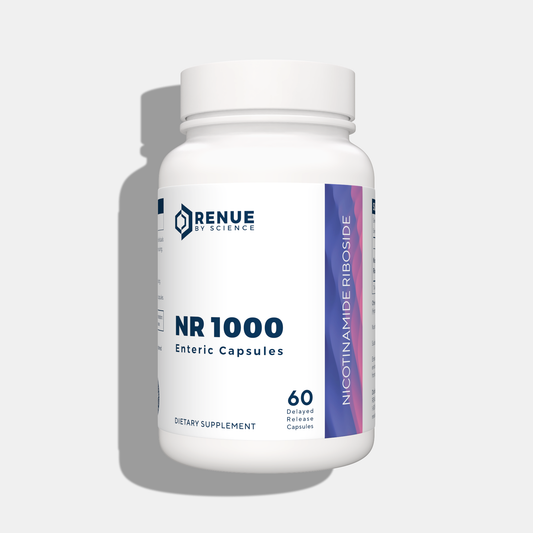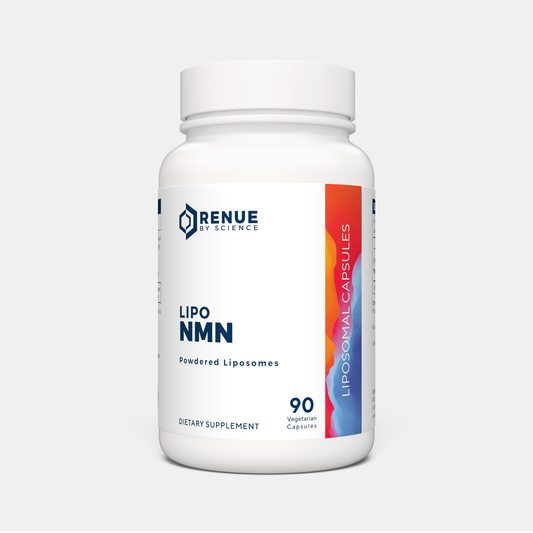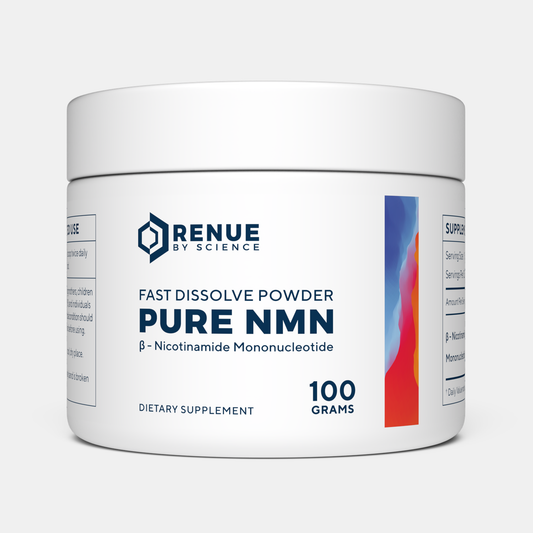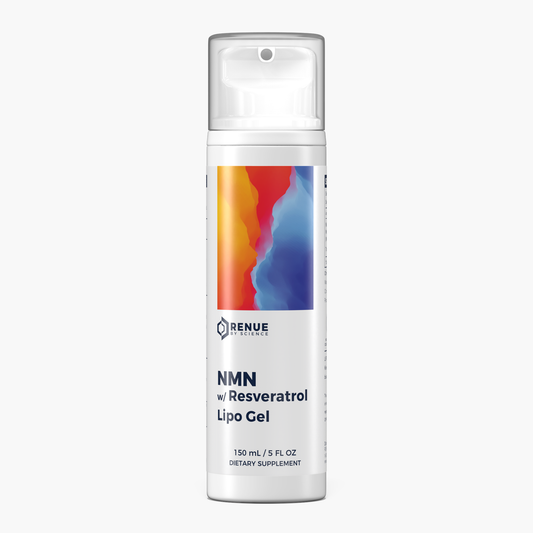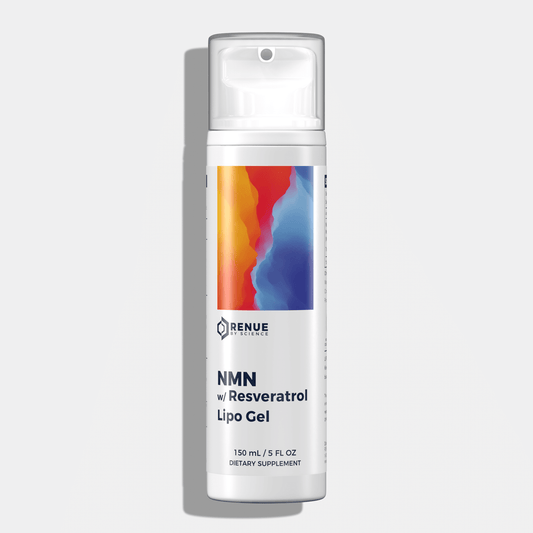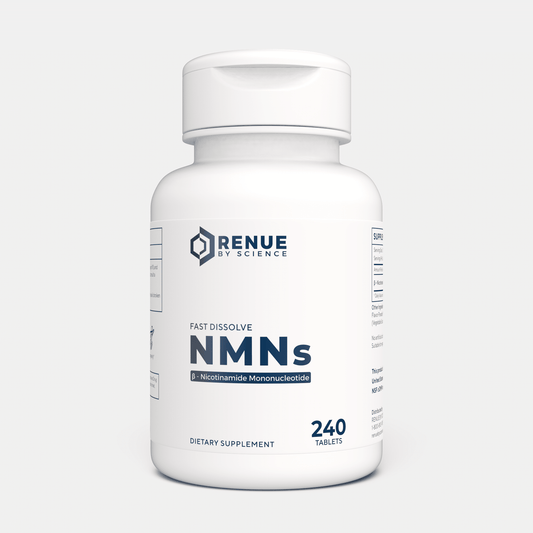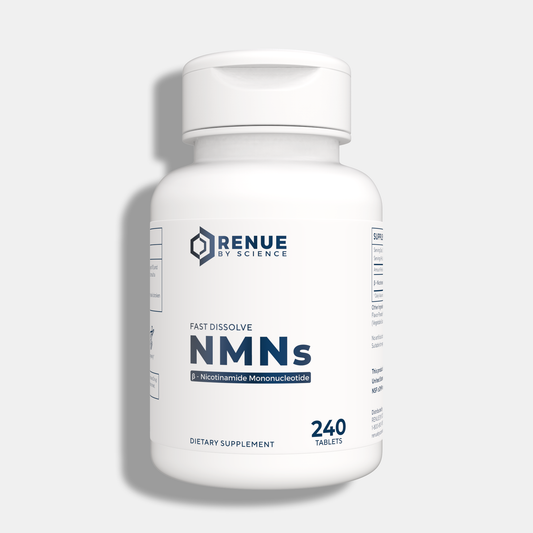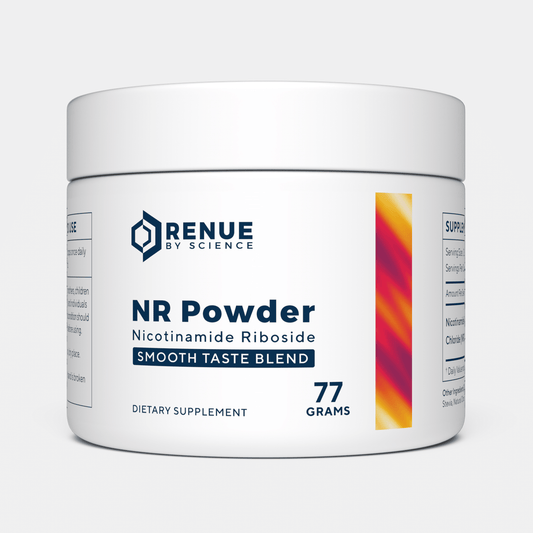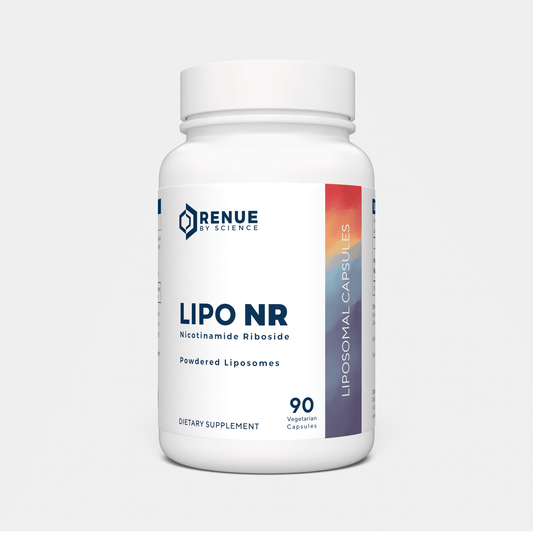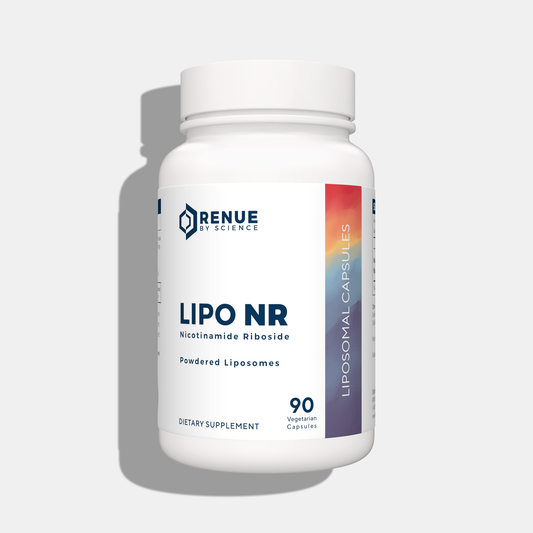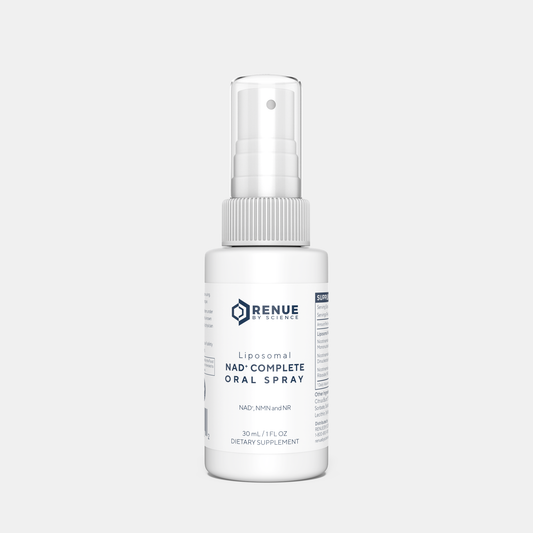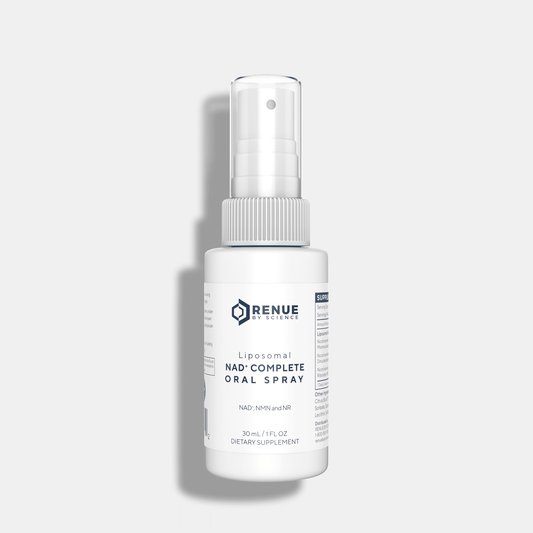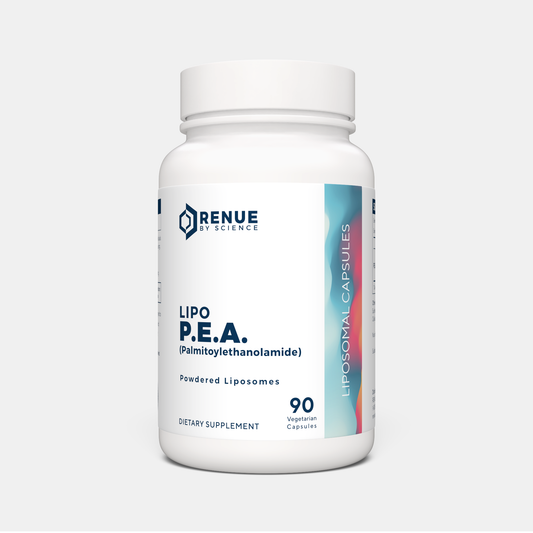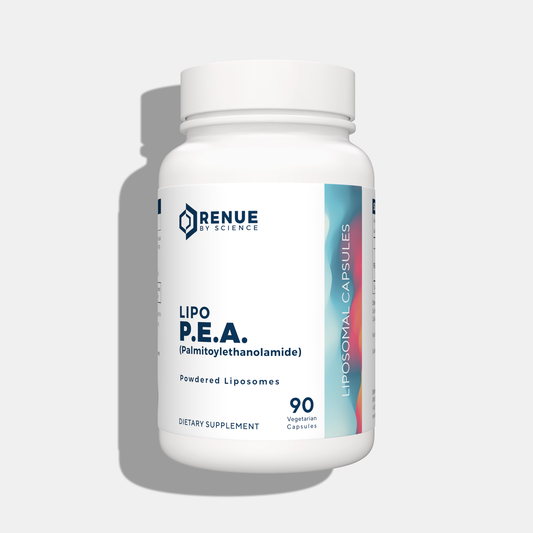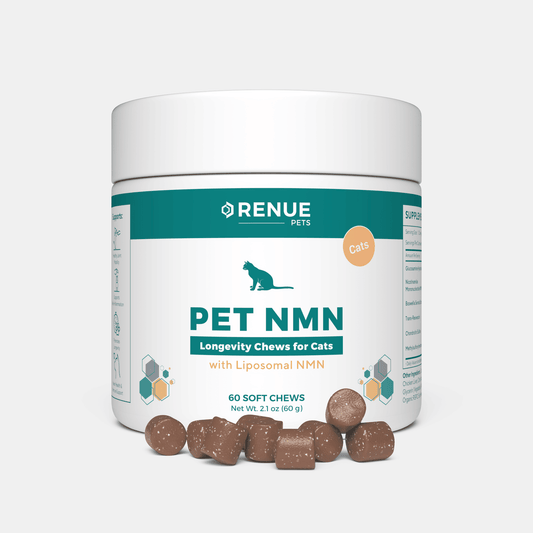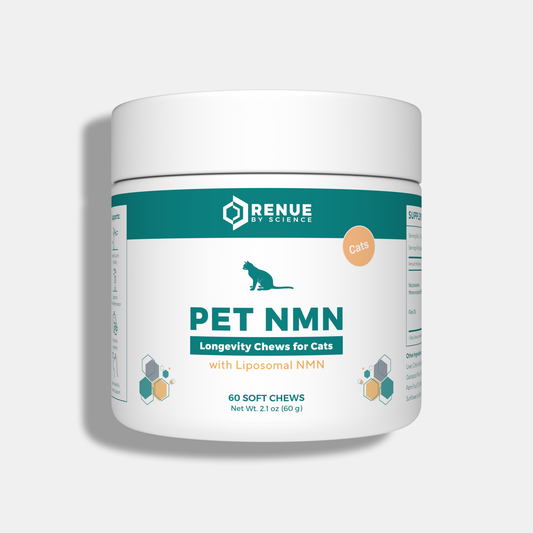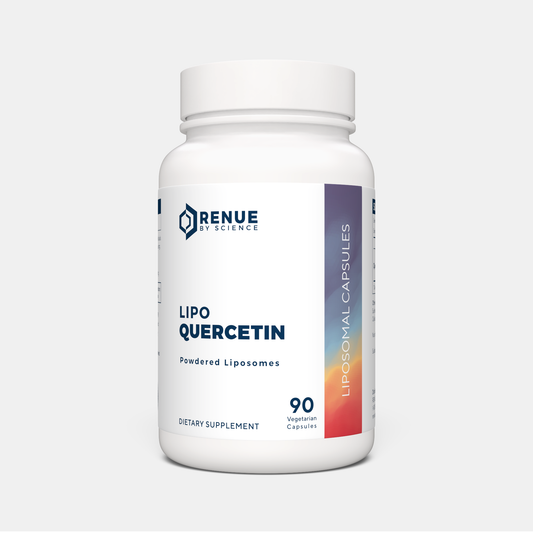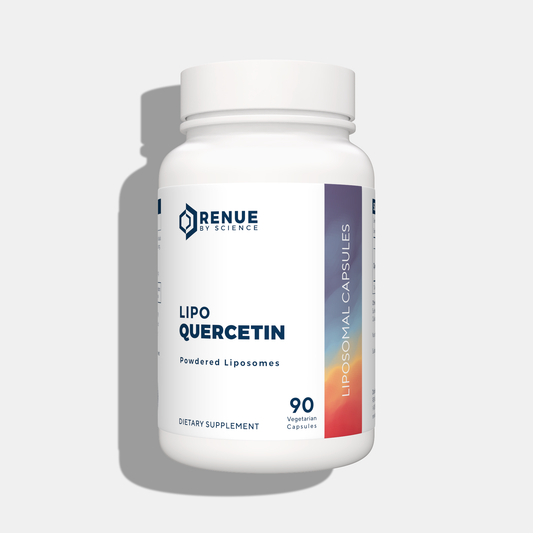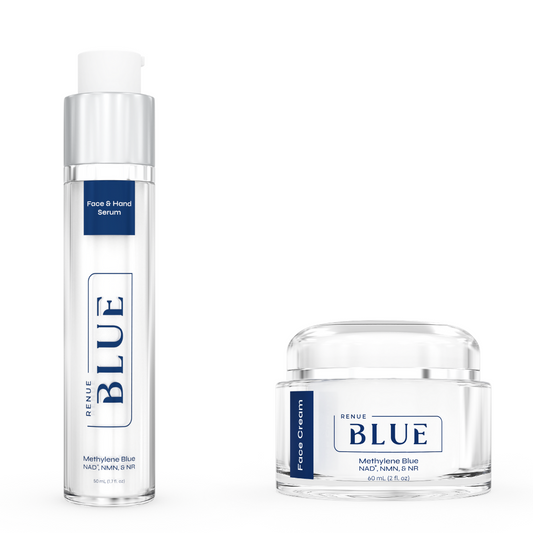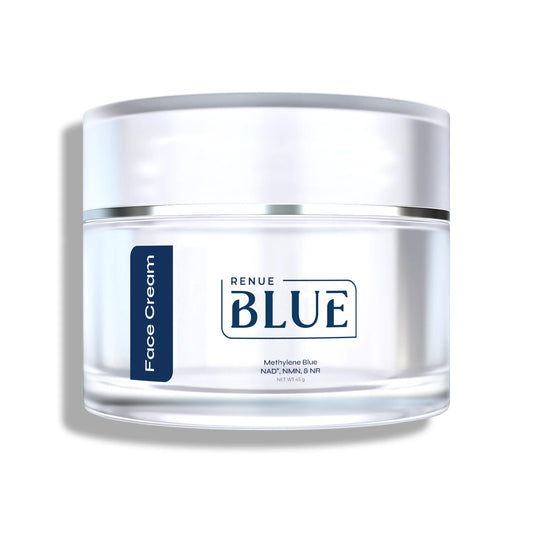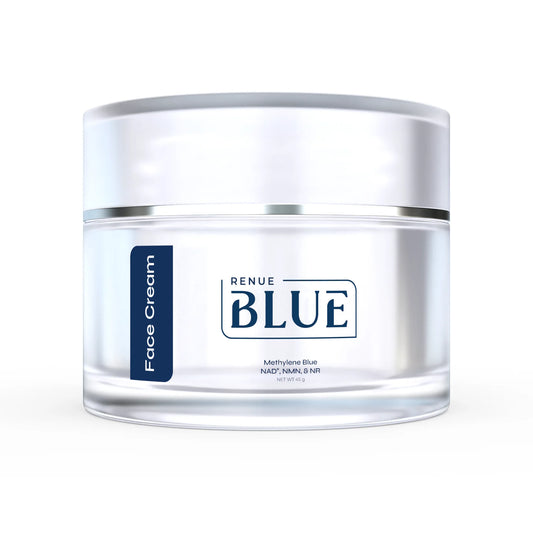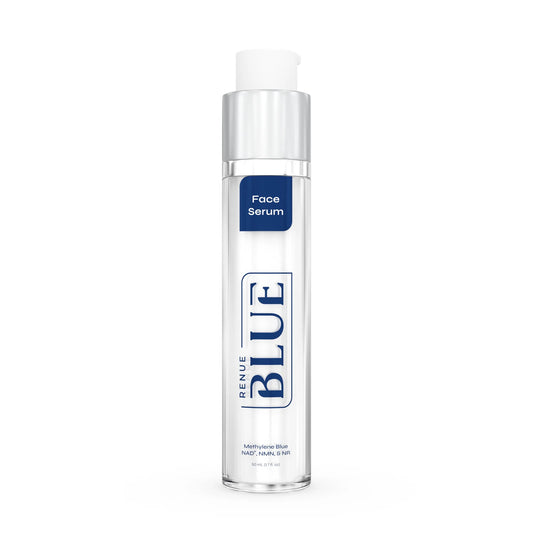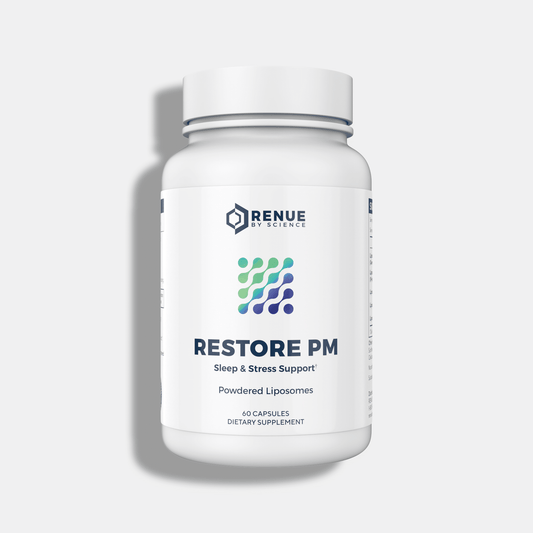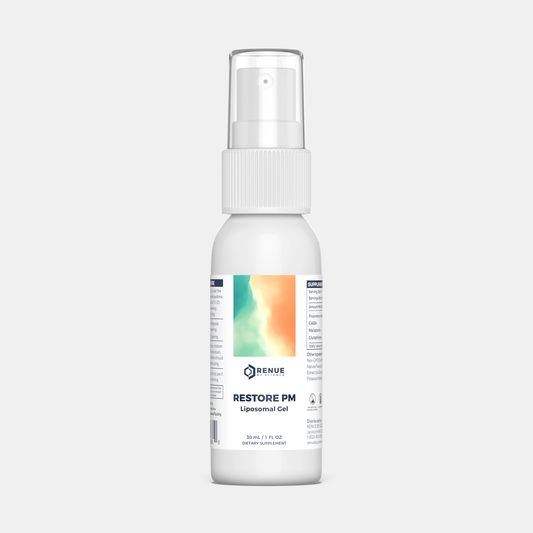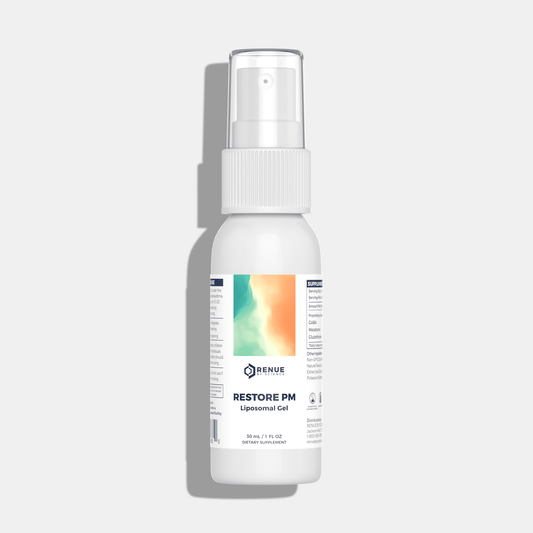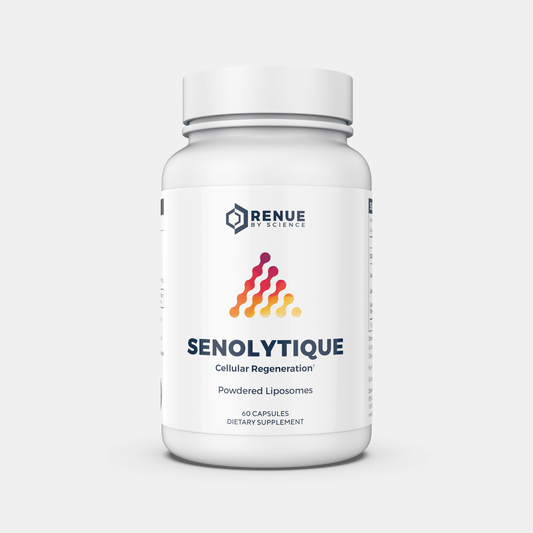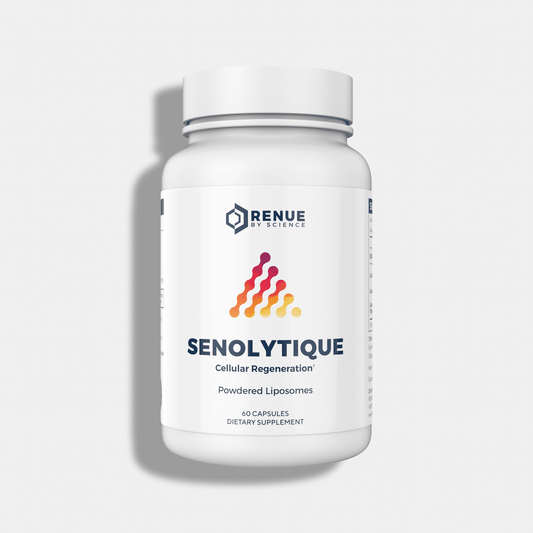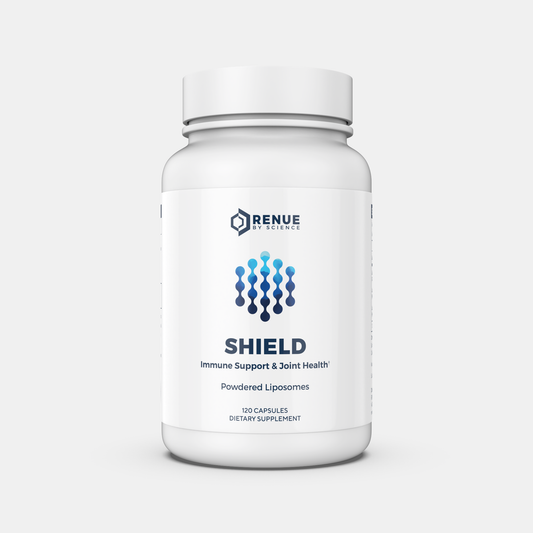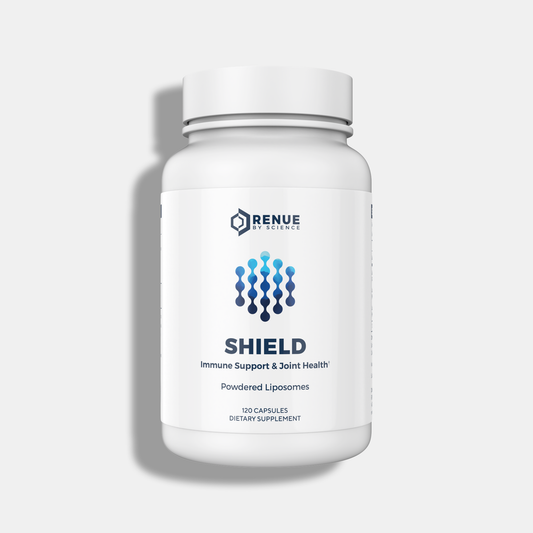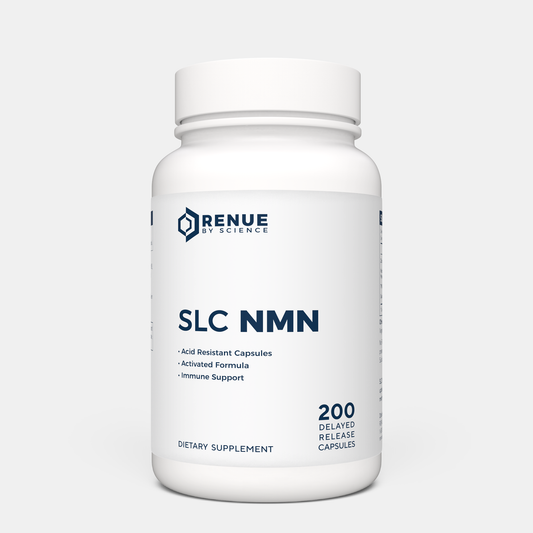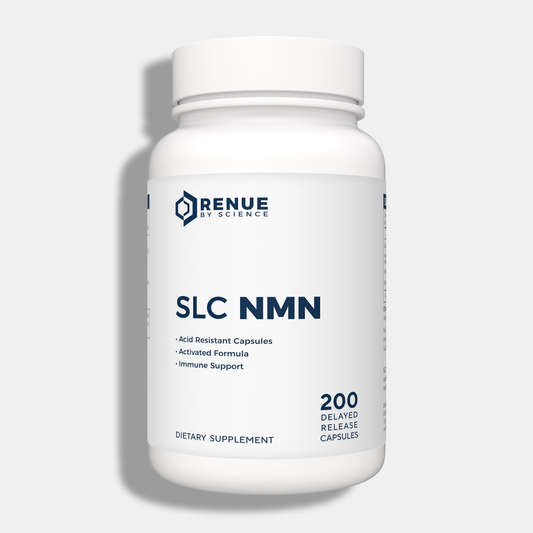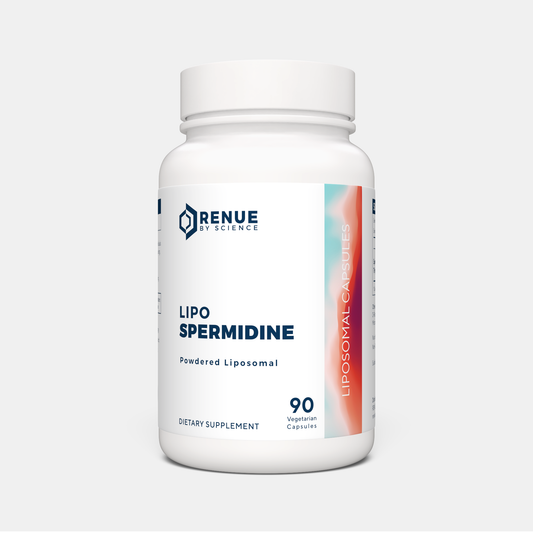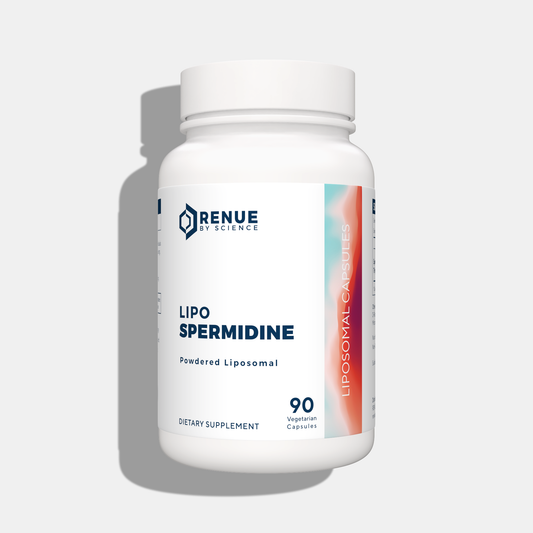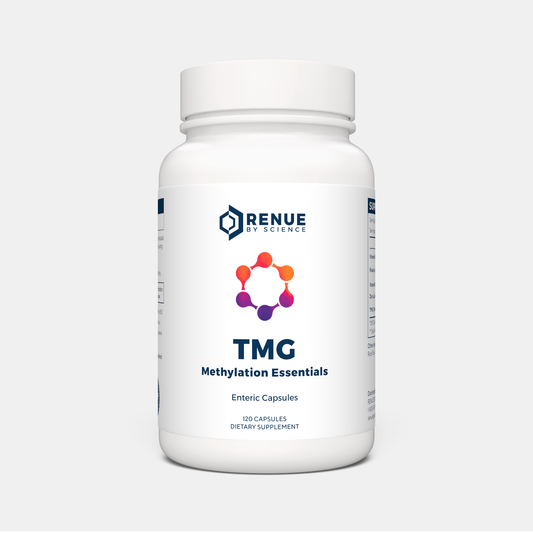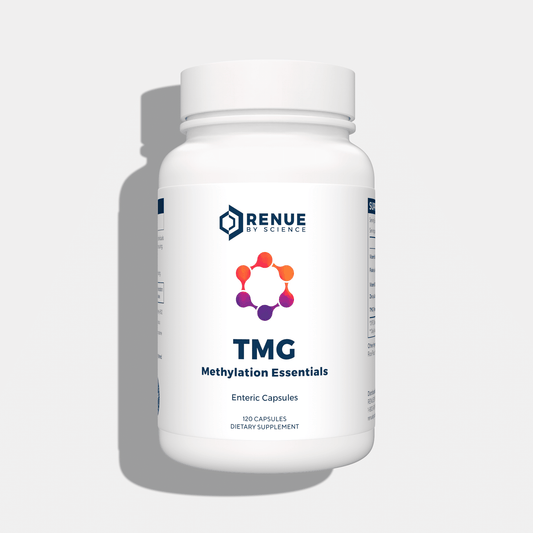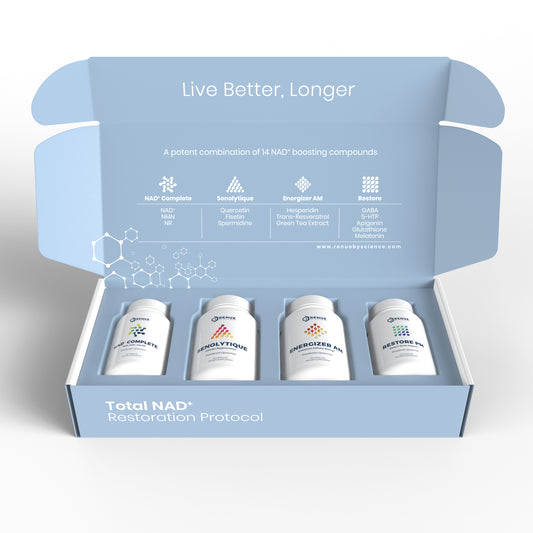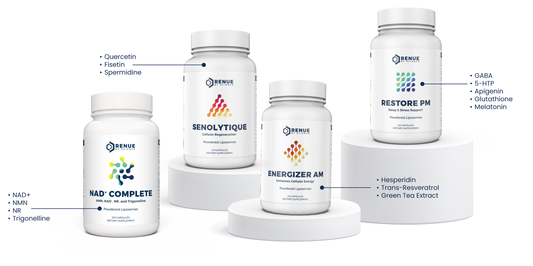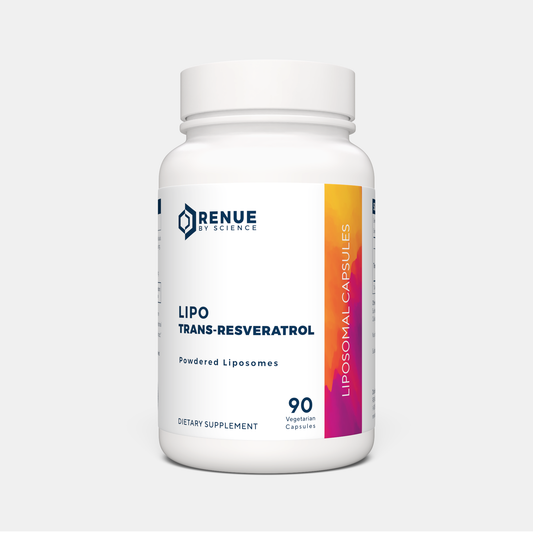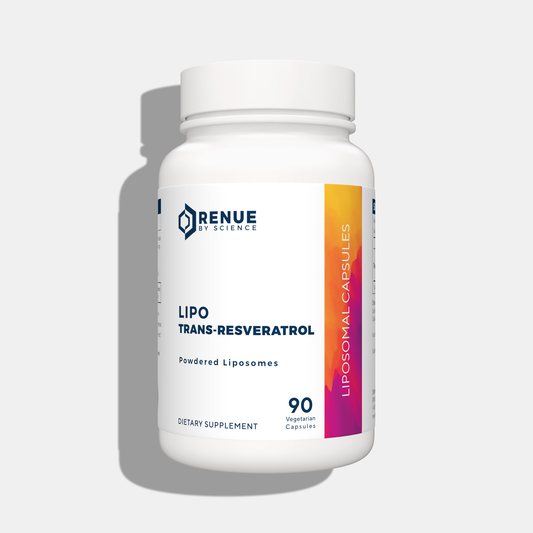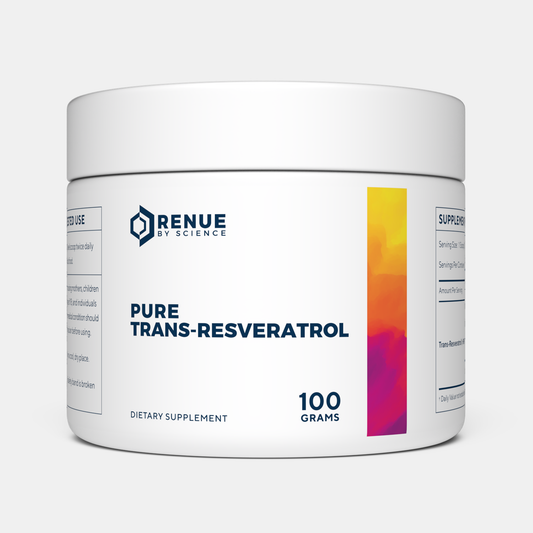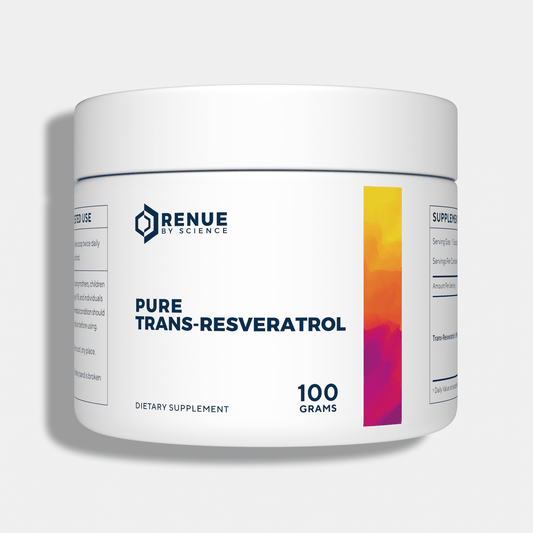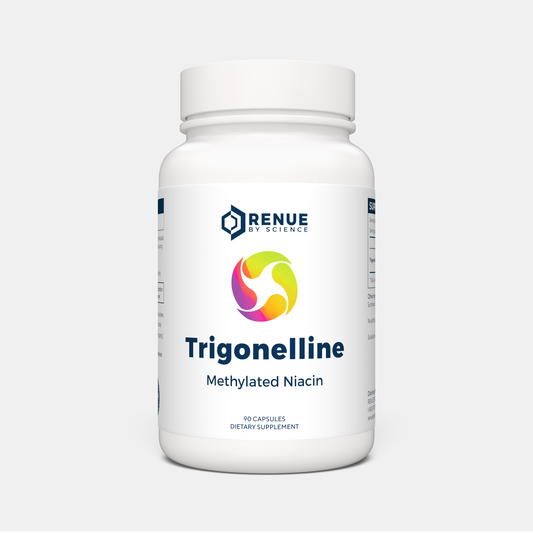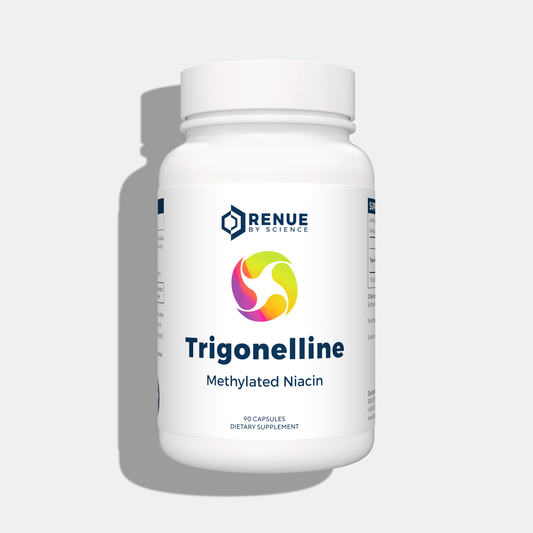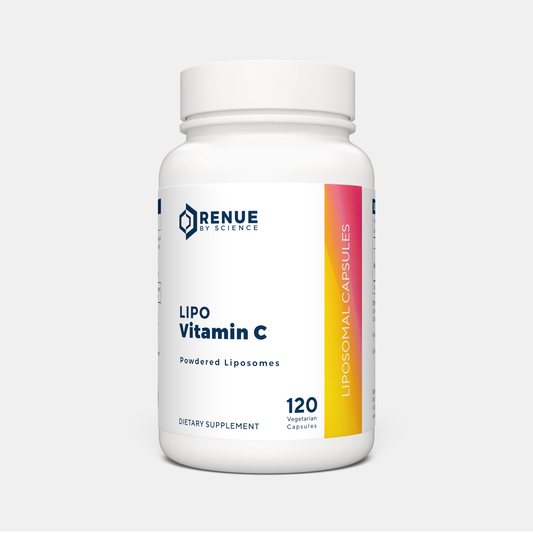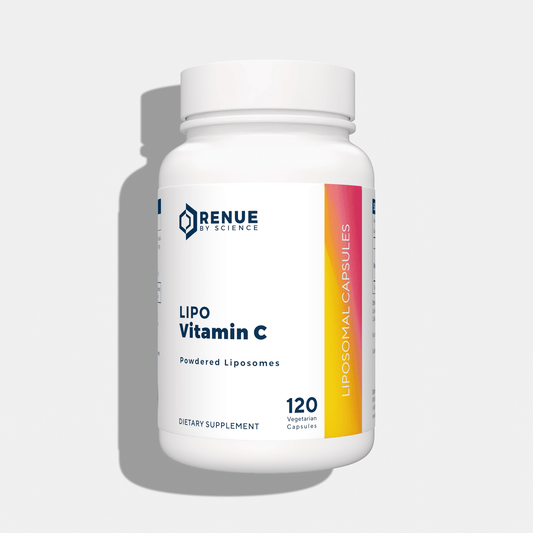This test measures blood levels of Coenzyme Q10 (CoQ10), a vital antioxidant and coenzyme produced naturally in the body.
CoQ10 is essential for energy production in nearly all cells, particularly those with high energy demands, like heart muscle cells.
By assessing your CoQ10 levels,
this test provides valuable insights to optimize formula protocols and maintain sufficient levels of this critical compound.






CoQ10 At-Home Test
CoQ10 At-Home Test
Assess your level of this critical energy coenzyme
Regular price
¥276.00 CNY
Sale price
¥276.00 CNY
Regular price
Unit price
/
per
Shipping calculated at checkout.







Why Measure CoQ10 Levels?
Energy Production at the Cellular Level
CoQ10 is a cornerstone of cellular energy production, playing a central role in the mitochondrial electron transport chain. Adequate CoQ10 levels are necessary for supporting energy output, cellular repair, and resilience against the damage that occurs through normal aging.
Tailored Supplementation
Testing CoQ10 levels allows for more precise dosing, ensuring formula decisions meet individual needs. This is especially important for those seeking to maintain optimal antioxidant protection and mitochondrial function.
Knowing your CoQ10 Levels: Support Energy Through Aging
Monitoring CoQ10 levels is a proactive step toward optimizing health and longevity. Whether you're managing a condition, taking medications that impact CoQ10, or simply seeking to support your body’s natural energy production, this test provides the clarity you need to make informed
decisions.
Factors That Impact CoQ10 Levels
Aging: Research shows that CoQ10 levels decline naturally with age, potentially impacting energy production and antioxidant defenses.
Health Conditions: Low CoQ10 levels are often observed in individuals with chronic conditions such as cardiovascular issues, neurodegenerative disorders, and metabolic irregularities.
Medications: Lipid altering substances can significantly impact CoQ10 production by inhibiting its synthesis in the liver. Monitoring levels is essential for those on such protocols.
What This Test Reveals
This test provides a precise measurement of CoQ10 in the blood, helping identify suboptimal levels.
Knowing your CoQ10 status is critical for anyone looking to support:
Cardiovascular Health: Heart cells rely on CoQ10 for their energy-intensive functions.
Mitochondrial Function: CoQ10 helps protect mitochondria from oxidative damage, promoting cellular energy and longevity.
Antioxidant Defense: As a potent antioxidant, CoQ10 neutralizes free radicals and supports overall cellular health.
Coenzyme Q10 and NAD+
CoQ10, also known as Coenzyme Q10, is a powerful antioxidant that protects and supports proper mitochondrial health. It is a well-known free radical scavenger for mitochondrial and lipid membranes. In addition to its antioxidant properties, it is directly involved in the electron transport chain reaction that leads to the production of ATP. (1)
NAD+ also plays a critical role in the electron transport chain. NAD+ functions as the primary electron donor in the reaction, also known as oxidative phosphorylation, and is the main initiator of that reaction. The outcome of oxidative phosphorylation is the production of the molecule ATP. This process is severely disturbed in mitochondrial-associated disorders, chronic fatigue conditions, and inflammatory diseases which are directly correlated with decreased NAD+ levels.
Why Checking Your Blood Level of Coenzyme Q10 is Critical
When it comes to mitochondrial support, NAD+ and CoQ10 are inextricably linked. Together, their protective and energy-producing capacities support optimal mitochondrial health in every cell of the body, especially the brain. When CoQ10 levels in the body are low, proper NAD+ function is compromised.
This test measures blood levels of the antioxidant CoQ10, a coenzyme that is made in the body and is needed for the production of energy by nearly all cells.
What Decreases CoQ10?
Your cells use CoQ10 for growth and maintenance. Levels of CoQ10 in your body decrease as you age. CoQ10 levels have also been found to be lower in people with certain conditions, such as heart disease, and in those who take cholesterol-lowering drugs called statins.
CoQ10 and Inflammation
Chronic inflammation is a frequent aging-related problem. CoQ10 is found to have an anti-inflammatory function via epigenetic effects on the expression of genes.
CoQ10, by reduction of free radicals, reduces the activation of NF-κB (nuclear factor kappa-light-chain-enhancer of activated B cells) cells and consequently reduces the release of pro-inflammatory cytokines mainly tumor necrosis factor alpha (TNF-α) and interleukin 6 (IL-6) (2).
Aging-related reduced CoQ10 levels may contribute to inflammation and there is accumulating evidence of secondary anti-inflammatory effects of CoQ10 supplementation.
A recent meta-analysis provided evidence that CoQ10 supplementation significantly reduced the inflammatory markers CRP (C-reactive protein), IL-6 and TNF-α (3, 4)
You may also like
5-HTP (Liposomal)
Capsules
Amino acid for sleep and mood
Regular price
¥172.00 CNY
Sale price
¥172.00 CNY
Regular price
¥215.00
Unit price
/
per
90 Servings
Sale
Apigenin (Liposomal)
Capsules
Polyphenol protection
Regular price
¥360.00 CNY
Sale price
¥360.00 CNY
Regular price
Unit price
/
per
90 Servings
Ashwagandha (Liposomal)
Capsules
Full-spectrum adaptogen
Regular price
¥220.00 CNY
Sale price
¥220.00 CNY
Regular price
Unit price
/
per
90 Servings
Berberine (Liposomal)
Capsules
Cardioprotection and metabolism
Regular price
¥360.00 CNY
Sale price
¥360.00 CNY
Regular price
Unit price
/
per
90 Servings
CaAKG (Liposomal)
Capsules
Mitochondrial and metabolic health
Regular price
¥351.00 CNY
Sale price
¥351.00 CNY
Regular price
Unit price
/
per
90 Servings
CardioMAX – Liposomal Berberine, Red Yeast Rice, CoQ10
Capsules
Liposomal Berberine, Red Yeast Rice, CoQ10
Regular price
¥360.00 CNY
Sale price
¥360.00 CNY
Regular price
Unit price
/
per
60 Servings
CoQ10 (Liposomal)
Capsules
Generating cellular energy
Regular price
¥379.00 CNY
Sale price
¥379.00 CNY
Regular price
Unit price
/
per
90 Servings
CoQ10 At-Home Test
Assess your level of this critical energy coenzyme
Regular price
¥276.00 CNY
Sale price
¥276.00 CNY
Regular price
Unit price
/
per
Single Use Test
D3 & K2 (Liposomal Gel)
Sublingual Gel
Essential vitamins for bone mineralization and growth
Regular price
¥131.00 CNY
Sale price
¥131.00 CNY
Regular price
¥164.00
Unit price
/
per
60 Servings
Sale
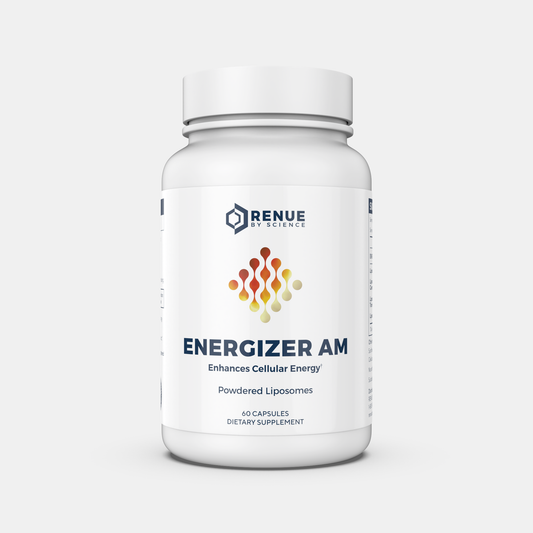
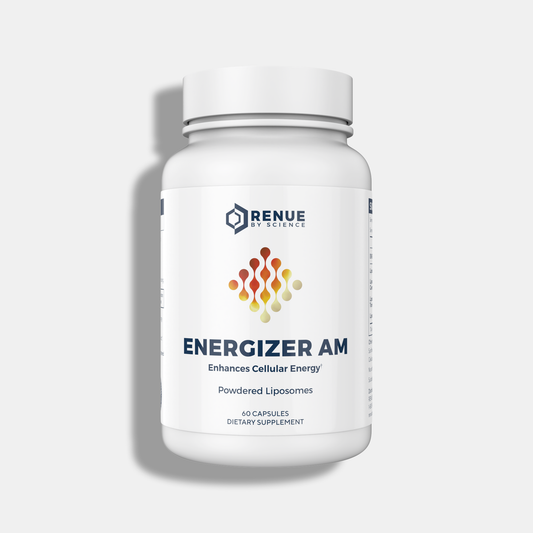
Energizer AM
Capsules
Liposomal Hesperidin, Green Tea, Resveratrol
Regular price
¥430.00 CNY
Sale price
¥430.00 CNY
Regular price
Unit price
/
per
60 Servings
Sold out
Fisetin (Liposomal)
Capsules
Naturally occurring senolytic
Regular price
¥467.00 CNY
Sale price
¥467.00 CNY
Regular price
Unit price
/
per
90 Servings
GABA (Liposomal)
Capsules
Neurotransmitter for mood and sleep
Regular price
¥215.00 CNY
Sale price
¥215.00 CNY
Regular price
Unit price
/
per
90 Servings
Glutathione (Liposomal)
Capsules
High absorption form of the master antioxidant
Regular price
¥374.00 CNY
Sale price
¥374.00 CNY
Regular price
Unit price
/
per
90 Servings
Hesperidin (Liposomal)
Capsules
Citrus-sourced inflammation and heart support
Regular price
¥228.00 CNY
Sale price
¥228.00 CNY
Regular price
¥285.00
Unit price
/
per
90 Servings
Sale
HLA – Hyaluronic Acid (Liposomal)
Capsules
Skin, joint and bone health
Regular price
¥360.00 CNY
Sale price
¥360.00 CNY
Regular price
Unit price
/
per
90 Servings
Lipo EGCG Green Tea
Capsules
Powerful antioxidant polyphenol EGCG
Regular price
¥258.00 CNY
Sale price
¥258.00 CNY
Regular price
¥323.00
Unit price
/
per
90 Servings
Sale
Melatonin (Liposomal)
Capsules
Natural hormone for sleep support
Regular price
¥172.00 CNY
Sale price
¥172.00 CNY
Regular price
¥215.00
Unit price
/
per
90 Servings
Sale
LIPO NAD⁺ Complete
Capsules
Comprehensive NAD+ Support
Regular price
¥608.00 CNY
Sale price
¥608.00 CNY
Regular price
Unit price
/
per
60 Servings
Nasal Spray with NAD⁺, NMN, NR, Trigonelline (Liposomal)
Nasal Spray
Convenient cognitive boost
Regular price
¥430.00 CNY
Sale price
¥430.00 CNY
Regular price
Unit price
/
per
100 Servings
Nicotinamide Riboside (NR) 1000 mg — Enteric Coated
Capsules
Delayed release for improved absorption
Regular price
¥393.00 CNY
Sale price
¥393.00 CNY
Regular price
Unit price
/
per
30 Servings
NMN (Nicotinamide Mononucleotide, Liposomal)
Capsules
NAD+ Precursor
Regular price
¥608.00 CNY
Sale price
¥608.00 CNY
Regular price
Unit price
/
per
45 Servings
NMN (Nicotinamide Mononucleotide) Pure Powder
Sublingual Powder
Fast dissolve NAD+ boosting powder
Regular price
¥477.00 CNY
Sale price
¥477.00 CNY
Regular price
Unit price
/
per
100 Grams
NMN w/Resveratrol (Liposomal Gel)
Sublingual Gel
Cellular vitality and well-being
Regular price
¥547.00 CNY
Sale price
¥547.00 CNY
Regular price
Unit price
/
per
75 Servings
NMNs (Fast Dissolve Sublingual Tabs) 125 mg
Sublingual Tablets
Convenient NAD+ boosting sublingual tablets
Regular price
¥495.00 CNY
Sale price
¥495.00 CNY
Regular price
Unit price
/
per
120 Servings
NR (Nicotinamide Riboside) Powder 1,000 mg - Smooth Taste Blend
Sublingual Powder
Sublingual citrus burst NAD+ boost
Regular price
¥781.00 CNY
Sale price
¥781.00 CNY
Regular price
Unit price
/
per
77 Grams
NR (Nicotinamide Riboside, Liposomal) 300 mg
Capsules
Natural building block for NAD+ production
Regular price
¥467.00 CNY
Sale price
¥467.00 CNY
Regular price
Unit price
/
per
90 Servings
Oral Spray with NAD⁺, NMN and NR (Liposomal)
Oral Spray
Rapid absorption for fast energy
Regular price
¥430.00 CNY
Sale price
¥430.00 CNY
Regular price
Unit price
/
per
120 Servings
P.E.A. - Palmitoylethanolamide (Liposomal)
Capsules
Neuroprotective inflammation support
Regular price
¥430.00 CNY
Sale price
¥430.00 CNY
Regular price
Unit price
/
per
90 Servings
PET NMN Longevity Chews for Cats
Pet Chews
Feline longevity formula
Regular price
¥253.00 CNY
Sale price
¥253.00 CNY
Regular price
Unit price
/
per
60 Soft Chews
PET NMN Longevity Chews for Dogs
Pet Chews
Canine longevity formula
Regular price
¥253.00 CNY
Sale price
¥253.00 CNY
Regular price
Unit price
/
per
60 Soft Chews
Quercetin (Liposomal)
Capsules
Senolytic flavonoid and inflammation support
Regular price
¥346.00 CNY
Sale price
¥346.00 CNY
Regular price
Unit price
/
per
90 Servings
Renue Blue Skin Rejuvenation Protocol
Serum
Restore skin's natural radiance
Regular price
¥743.00 CNY
Sale price
¥743.00 CNY
Regular price
Unit price
/
per
30 Day Kit
Renue Blue™ Face Cream (Liposomal)
Cream
Powerful skin rejuvenation
Regular price
¥435.00 CNY
Sale price
¥435.00 CNY
Regular price
Unit price
/
per
60 mL / 2 fl oz
Renue Blue™ Face Serum
Serum
Powerful skin rejuvenation
Regular price
¥467.00 CNY
Sale price
¥467.00 CNY
Regular price
Unit price
/
per
50 mL / 1.7 fl oz
Restore PM
Capsules
Liposomal Gaba, Apigenin, Glutathione, 5-HTP, Melatonin
Regular price
¥430.00 CNY
Sale price
¥430.00 CNY
Regular price
Unit price
/
per
60 Servings
Restore PM Liposomal Sleep Gel
Sublingual Spray
Rapid absorption sleep support
Regular price
¥161.00 CNY
Sale price
¥161.00 CNY
Regular price
¥201.00
Unit price
/
per
30 Servings
Sale
Resveratrol with Curcumin (Liposomal Gel)
Sublingual Gel
Bioavailable formula for inflammation support
Regular price
¥215.00 CNY
Sale price
¥215.00 CNY
Regular price
¥285.00
Unit price
/
per
75 Servings
Sale
Senolytique (Liposomal Senolytic Formula)
Capsules
Support cellular health and rejuvenation
Regular price
¥374.00 CNY
Sale price
¥374.00 CNY
Regular price
Unit price
/
per
60 Servings
Shield
Capsules
Liposomal Vitamin C, CaAKG, P.E.A., HLA
Regular price
¥400.00 CNY
Sale price
¥400.00 CNY
Regular price
¥500.00
Unit price
/
per
60 Servings
Sale
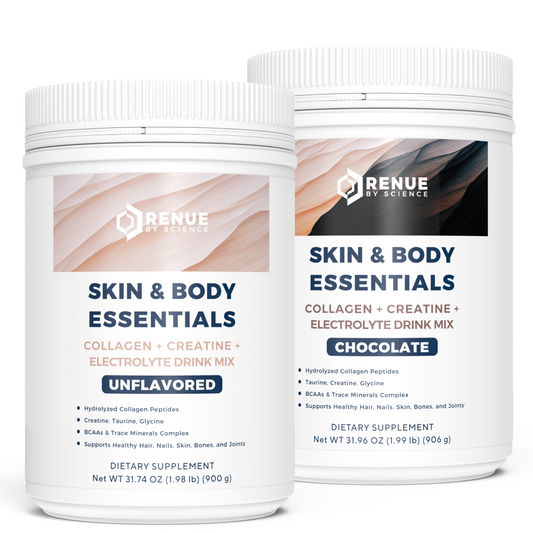
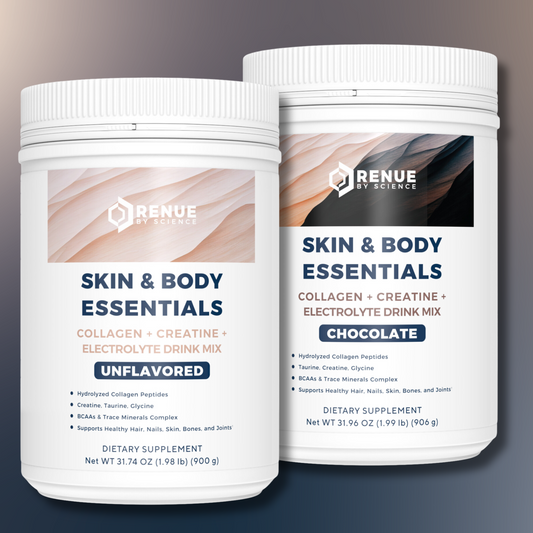
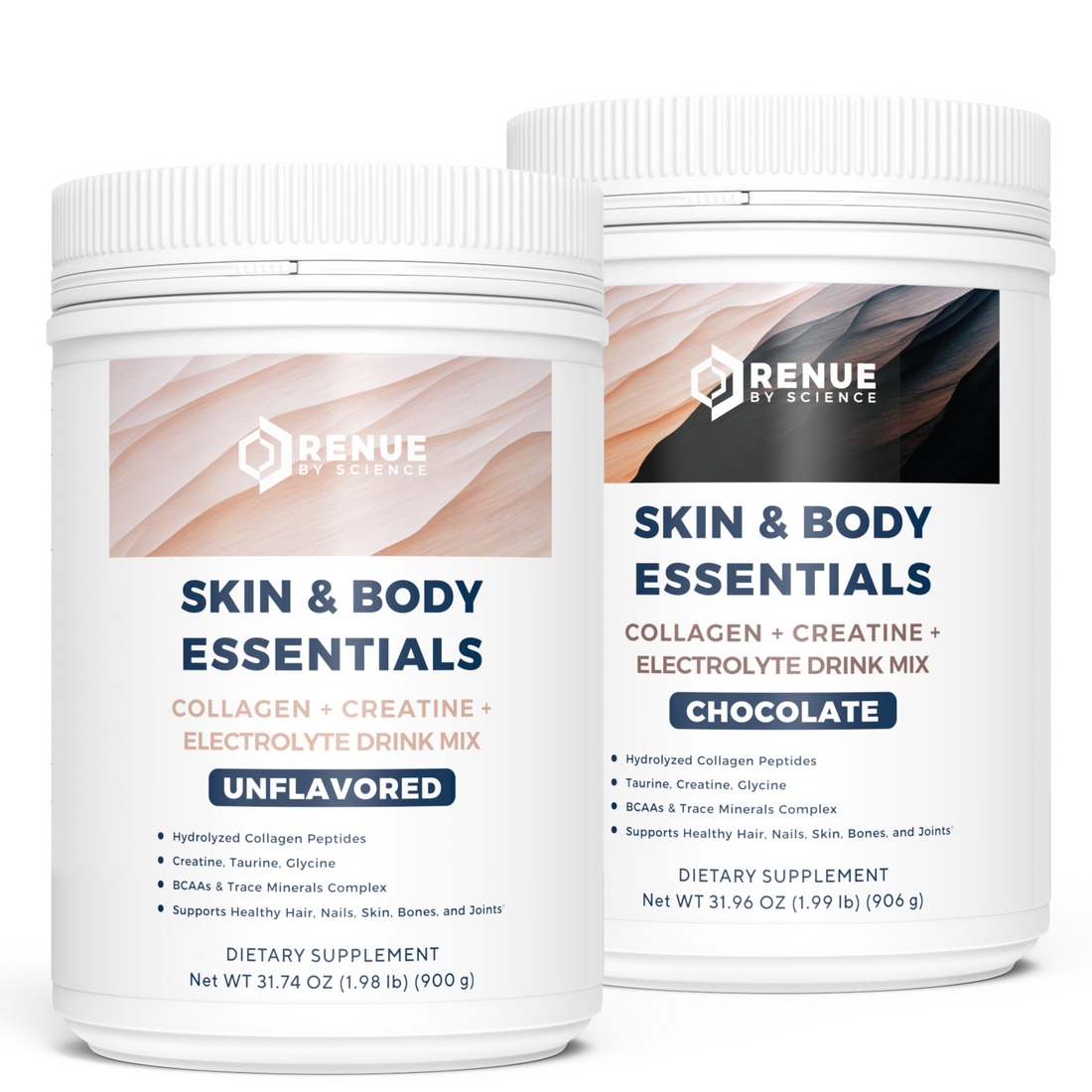
Skin & Body Essentials
Grass-Fed Collagen + Creatine + BCAAs + Electrolyte Drink Mix
Skin & Body Essentials
Drink Mix
Grass-Fed Collagen + Creatine + BCAAs + Electrolyte Drink Mix
Regular price
¥416.00 CNY
Sale price
¥416.00 CNY
Regular price
Unit price
/
per
30 Servings

Skin & Body Essentials
Grass-Fed Collagen + Creatine + BCAAs + Electrolyte Drink Mix
SLC Enteric NMN (Nicotinamide Mononucleotide, Delayed Release) 250mg
Capsules
Delayed release NAD+ booster
Regular price
¥495.00 CNY
Sale price
¥495.00 CNY
Regular price
Unit price
/
per
200 Servings
SLC Enteric NMN Zinc Free (Nicotinamide Mononucleotide, Delayed Release) 250mg
Capsules
Delayed release NAD+ booster
Regular price
¥178.00 CNY
Sale price
¥178.00 CNY
Regular price
Unit price
/
per
60 Servings
Spermidine (Liposomal)
Capsules
Polyamine preserves NAD+ against inflammation
Regular price
¥360.00 CNY
Sale price
¥360.00 CNY
Regular price
Unit price
/
per
45 Servings
TMG Methylation Essentials
Capsules
Regular price
¥201.00 CNY
Sale price
¥201.00 CNY
Regular price
Unit price
/
per
60 Servings
Total NAD+ Restoration Protocol
Capsules
Comprehensive defense against the damage of aging
Regular price
¥1,491.00 CNY
Sale price
¥1,491.00 CNY
Regular price
Unit price
/
per
60 Day Kit
Sold out
Trans-Resveratrol (Liposomal)
Capsules
Sirtuin activating polyphenol
Regular price
¥304.00 CNY
Sale price
¥304.00 CNY
Regular price
Unit price
/
per
90 Servings
Trans-Resveratrol (Powder)
Powder
Sirtuin activating polyphenol
Regular price
¥608.00 CNY
Sale price
¥608.00 CNY
Regular price
Unit price
/
per
100 Grams
Trigonelline (NAD+ Precursor)
Capsules
NAD+ boosting methylated niacin
Regular price
¥374.00 CNY
Sale price
¥374.00 CNY
Regular price
Unit price
/
per
90 Servings
Vitamin C (Liposomal)
Capsules
Promote immunity and heart health
Regular price
¥202.00 CNY
Sale price
¥202.00 CNY
Regular price
¥253.00
Unit price
/
per
60 Servings
Sale
![[PD TEST] CaAKG (Liposomal) 90 Ct.](http://renuebyscience.com.cn/cdn/shop/files/RENUE-LIPO-CaAKG-1.png?v=1710233251&width=533)


Alternative Title test
LIPOSOMAL GEL
Alternative Title test
LIPOSOMAL GEL
Regular price
From ¥397.00 CNY
Sale price
From ¥397.00 CNY
Regular price
¥426.00
Unit price
/
per
150ml

Alternative Title test
LIPOSOMAL GEL
Sale

